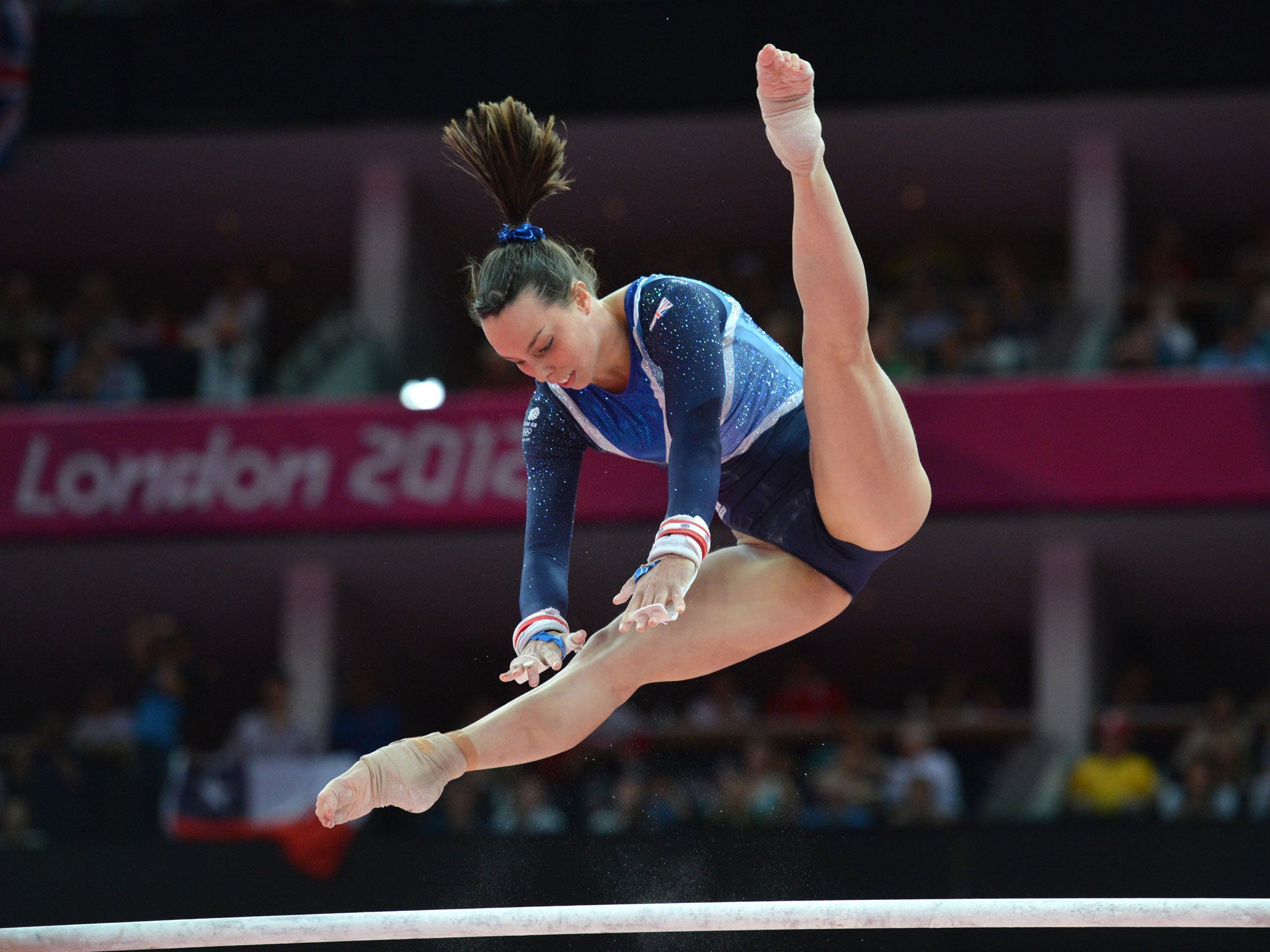Ashling O’Connor: Reaction to Nicholas Anelka’s 'quenelle' and Twitter trolls is true reflection of our society – and that is one built around hope rather than hate
Sport has been used as a global platform to make points for the better

Your support helps us to tell the story
From reproductive rights to climate change to Big Tech, The Independent is on the ground when the story is developing. Whether it's investigating the financials of Elon Musk's pro-Trump PAC or producing our latest documentary, 'The A Word', which shines a light on the American women fighting for reproductive rights, we know how important it is to parse out the facts from the messaging.
At such a critical moment in US history, we need reporters on the ground. Your donation allows us to keep sending journalists to speak to both sides of the story.
The Independent is trusted by Americans across the entire political spectrum. And unlike many other quality news outlets, we choose not to lock Americans out of our reporting and analysis with paywalls. We believe quality journalism should be available to everyone, paid for by those who can afford it.
Your support makes all the difference.Symbolism is everywhere in sport: triumph over adversity, David versus Goliath, personal redemption etcetera, etcetera.
It is also a conduit for a rather less savoury kind of imagery – an extreme example being the 1936 Berlin Olympics. Given its universality, it can be no surprise that sport reflects most things about our society, the good and the evil.
However, even by these standards, it has been a remarkable week. First, West Bromwich Albion striker Nicolas Anelka was charged by the Football Association after celebrating his first goal against West Ham United with the “quenelle” – a gesture he says is purely an anarchic one but most people believe carries anti-Semitic overtones.
Then Stan Collymore, the former striker turned radio pundit, received such a tirade of racial abuse via Twitter after suggesting Luis Suarez dived to win a penalty that he was forced to spend his birthday on TV news and chat shows challenging the social networking site to do something about it.
And finally, Beth Tweddle – one of the nicest, hard-working and unobtrusive athletes you will ever meet – was subjected to such a flood of cruel insults, again via Twitter, that even hardened hacks at Sky Sports News, who arranged the studio Q&A, confessed to being “absolutely shocked and sickened”.
All individual cases but all sharing a common theme: the recognition that sport has the power to carry a message widely, immediately and with such a resonance that it cannot go unnoticed.
Anelka wanted a reaction just as much as the vile abusers of Collymore and Tweddle did. Part of me says we should just ignore them. Nothing is more frustrating for an attention-seeker than indifference.
We do have to draw the line somewhere and racial abuse is well over it. Bullies and racists must be dealt with. But I come back to the point about universality. Sport might occasionally be hijacked by a person or a movement for the wrong end but it has also been used as a global platform to make societal-shifting points for the better.
The most famous is the Black Power salute at the 1968 Olympics in Mexico City. What if the raised, black-gloved fists of Tommie Smith and John Carlos had been ignored?
Another was Nicky Winmar, the Australian Rules footballer who responded to racial taunts in 1993 by lifting his St Kilda jersey, pointing to his indigenous brown skin and yelling at the Collingwood crowd: “‘I’m black – and I’m proud to be black!”
What if photographer Wayne Ludbey had dismissed that gesture as attention-seeking rather than a powerful social statement that made the front page of The Sunday Age newspaper a day after the end of the retrial of the police officers in the Rodney King case? Indifference in both those instances would have been criminal.
Sport is about opinions; it is one of its core strengths. People care about it deeply. Another image that was impossible to ignore this week was of Sjinkie Knegt, the Dutch speed skater, raising his two middle fingers to the back of rival Viktor Ahn, who was celebrating his winning leg in Russia’s team relay gold medal at the European Championships.
Far from sporting behaviour, and Knegt was rightly disqualified for flipping the double bird, but at least it showed he cared about defeat. Sport would be so much poorer if we tried to constrain the passion.
So we take the villains as a foil to the heroes. To do otherwise would be to sanitise sport to the point of banality. We would miss seminal moments in our history because we were so busy looking the other way.
If crimes are committed or rules broken, there will be consequences. Just as some people will shout stupid things from the stands, others will fire off idiotic Twitter posts.
But so long as ennui remains a stranger to sport, there will be opinions from across the spectrum. We can’t stop that. We cannot have freedom of expression without hearing or seeing things we disagree with or find offensive.
It is the reaction that says more about our society anyway. Judging by the public response this week, which reflects the moral decency of the majority, sport’s message of hope rather than hate is winning through. That in itself is symbolic.